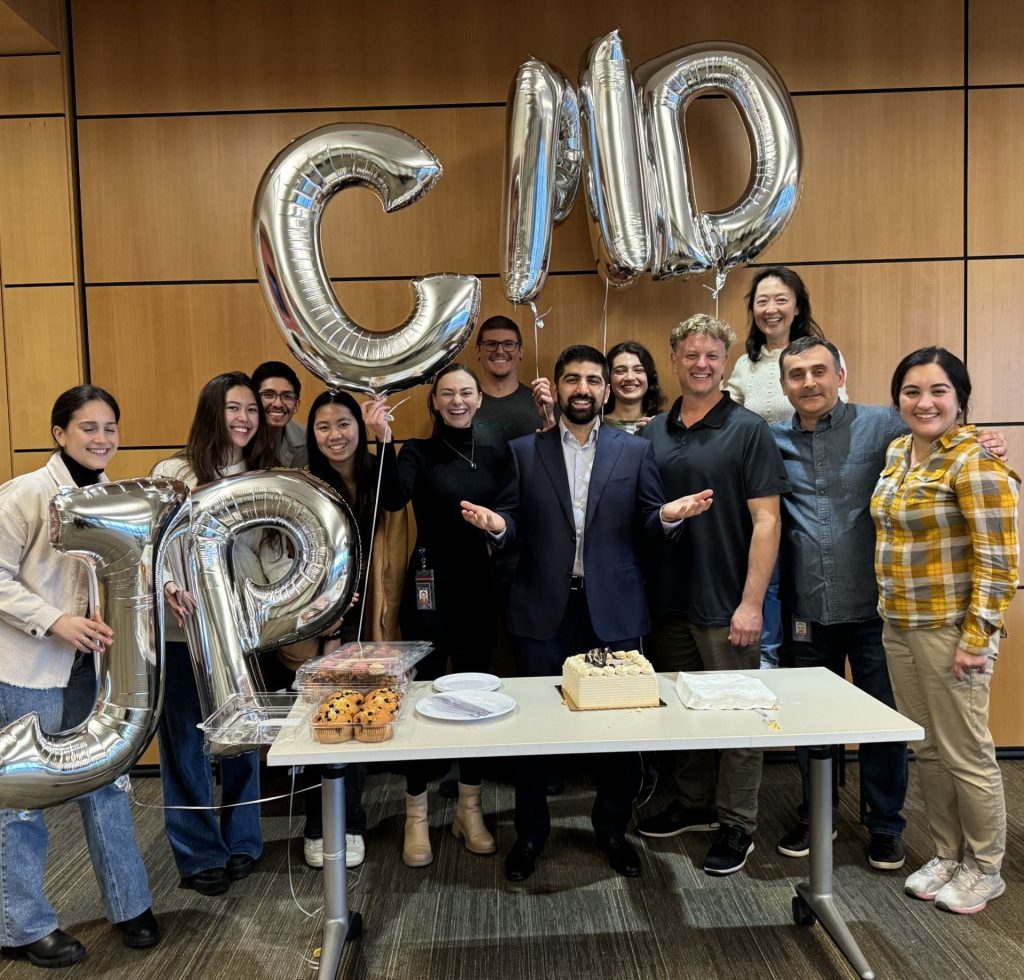Engineering human induced pluripotent stem cells to enable microglial replacement therapy in the central nervous system
Immune cell therapies (ICT) are becoming more mature options for a variety of diseases. As the resident immune cell of the brain, microglia stand out as the ideal candidate for ICT approaches in the central nervous system. Combining recent advances in gene editing and iPSC-microglia (iMG) differentiation, we sought to investigate whether microglia could be harnessed to provide widespread delivery of therapeutic cells and proteins to the brain. Collectively our studies have revealed three principal findings: 1) iPSC-microglia can be widely engrafted into a recipient adult brain via an inhibitor-resistant protocol; 2) transplantation of CRISPR-corrected iPSC-microglia can prevent and even reverse neuropathologies in a mouse model of ALSP, a rare neurodegenerative disease caused by loss of microglia; and 3) iPSC-microglia can be genetically-engineered ex vivo to effectively deliver therapeutic proteins locally or CNS-wide in response to neuropathologies such as amyloid plaques. Together these findings suggest that patient-derived microglia could offer a promising new platform for the development of future immune cell therapies in the CNS.
